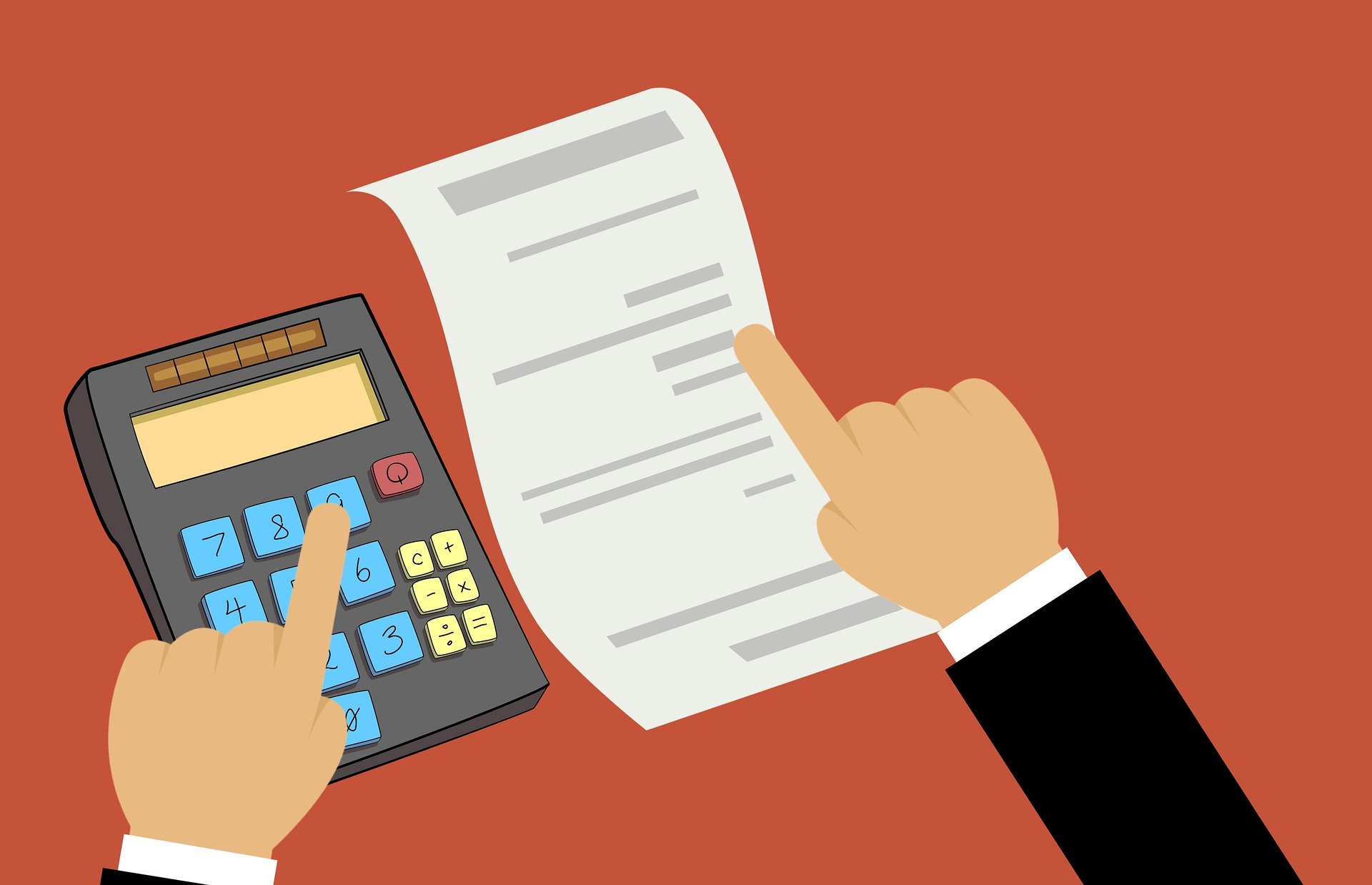Cash flow is essential for a successful business. Liquidity makes you more responsive and allows you to keep up with market trends. Managing your cash flow can be challenging because it can take months for a customer to pay an invoice, and you might not be able to wait that long due to financial obligations or investments you need to make to grow.
Invoice factoring is a type of financing product that allows you to cash in on your invoices without waiting for your clients to pay. Here is what you should watch out for when choosing an invoice factoring service.
What Is Invoice Factoring?
Invoice factoring gives you access to advances on invoices that aren’t due for weeks or months. It’s different from other financing products because you’re not borrowing money. You sell your invoices to an invoice factoring service that gives you an advance.
The invoice factoring service will collect money from your customers when the invoice is due. It’s an option worth exploring if you need to improve your cash flow and need an alternative to other financing products.
Invoice Factoring Fees
You need to ask about fees when choosing an invoice factoring service. Your service agreement should detail the fee structure. The invoice factoring service should be transparent about the fee structure.
Invoice factoring services make money by purchasing invoices for an amount that is lower than what the customers will pay when the invoice is due. They also charge a weekly or monthly fee for that service or a fee per invoice that you decide to sell.
Some services will charge an origination fee for entering the agreement, and a termination fee if you decide to stop using the invoice factoring service before your agreement expires.
Factoring Fees and Discount Rate
Find out what kind of discount rate the invoice factoring service can offer since it will determine how much you get for the invoices you sell. It’s important to negotiate an advantageous discount rate since it will improve your cash flow.
Your invoice factoring service will apply a rate known as a factoring rate on the value of each invoice that you sell. That rate is also called the discount rate.
That rate will determine the amount of the advance you get on the invoice. Some services use a fixed percentage to calculate the amount of the advance, and others use a flat fee combined with an annual interest rate. The amount you will have to spend on interests depends on when the invoice is due. You will get more if the invoice is due soon, or get a lower advance if the invoice is due several months from now.
Assessing Risks
Invoice factoring services typically assess risks before offering you a discount rate. Find out more about the process used to assess risks.
An invoice factoring service purchases unpaid invoices from you and takes on the risk of the customer not paying the invoice, or making a late payment on the invoice. These risks are part of the service offered by the invoice factoring company, and you will get a lower discount rate or spend more on fees if the risk of customers not paying is high.
Invoice factoring services will typically look at your collection rate and average collection period. They will take your sales volume into consideration, the average amount of each sale, and the number of invoices you plan on selling.
They will also look at the credit rating of your customers, and at the number of recurring customers you have. You can secure lower fees and a higher discount rate if you have an excellent track record of collecting on your invoices or a large number of recurring customers with small invoices. Using an invoice factoring service will cost you more if you have fewer customers who carry large balances.
Additional Considerations
Your invoice factoring agreement should include information about the number of invoices you will be selling. Ask if there is a limit or a minimum amount of invoices you should sell.
Find out if there is a limit on how much the service will spend on a single invoice. Ask if you will have to pay a flat monthly or yearly fee to keep using the service if you end up selling fewer invoices that what was agreed upon.
You should also find out about the timeframe for receiving your advance when you sell an invoice.
Don’t hesitate to ask questions about your invoice factoring agreement. It’s important to understand the terms of the agreement and how much using the service will cost you so you can make an informed decision.

Grey Idol manages content and digital marketing initiatives for altLINE, a division of The Southern Bank Company. altLINE offers specialty commercial lending products to businesses nationwide. He has over 5 years’ experience in small business operations and content marketing.
